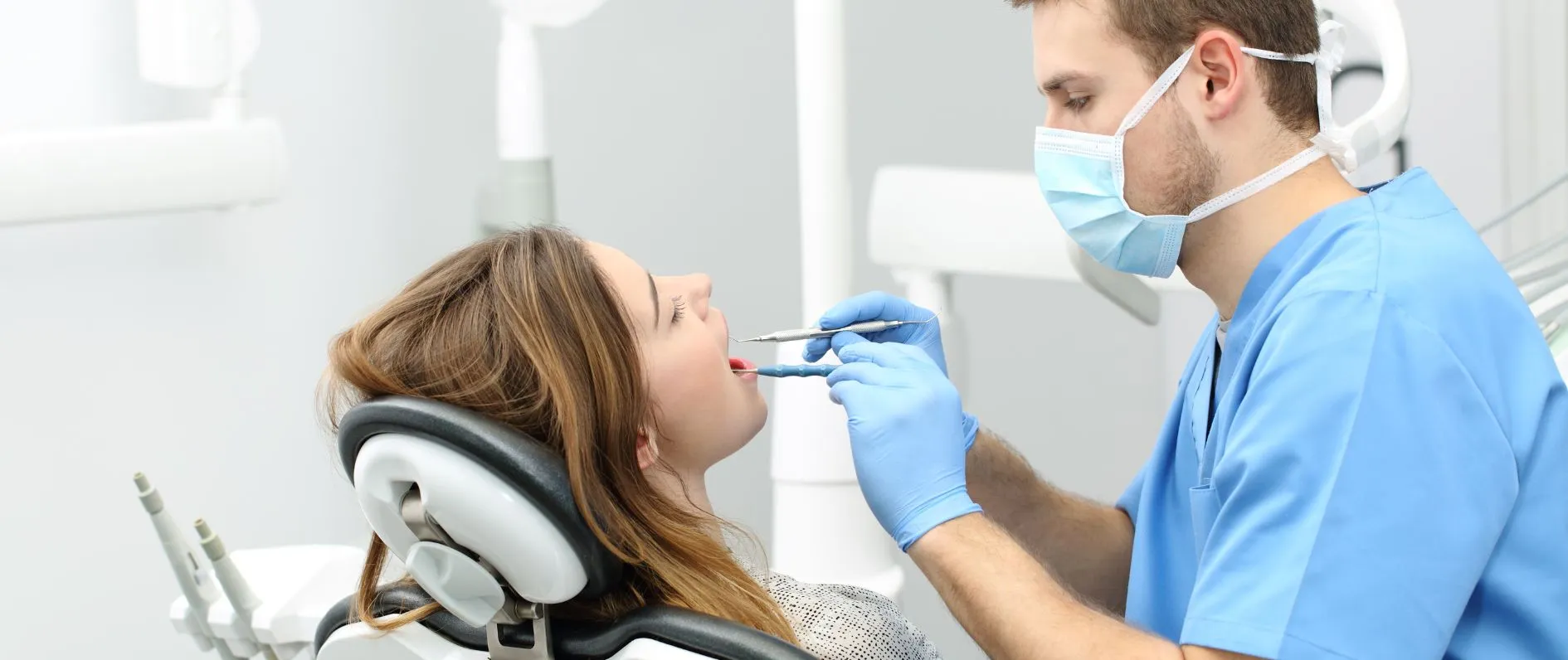Dentistry is one of the most respected and competitive healthcare degrees in the UK. Whether you’re a UK school leaver, an international student, or a graduate looking to enter the field, studying dentistry in the UK offers world-class training, access to NHS or private practice careers, and a clear path to professional registration.
This guide walks you through every critical step, from choosing the right program and preparing your UCAT, to understanding costs, application timelines, and career prospects.

1. Routes to Study Dentistry in the UK
A. Standard Undergraduate Entry (5-Year BDS)
This is the most common route for school leavers.
Requirements:
-
A-Levels: Typically AAA to A*AA with Chemistry and Biology mandatory.
-
GCSEs: At least 5–7 subjects with grades 6–7 (Bs and above), including English, Maths, and Sciences.
-
IB: Usually 36–38 points with HL scores of 6 in Biology and Chemistry.
-
UCAT: Required by most UK dental schools.
-
English proficiency: IELTS 7.0 overall, with a minimum of 6.5 in each component (for international students).
B. Graduate Entry Dentistry (3–4 Years)
For students who already hold a relevant undergraduate degree.
Requirements:
-
A minimum of a 2:1 degree in a related subject (e.g., Biomedical Science).
-
Some schools (like King’s College London) require additional healthcare experience.
-
UCAT or GAMSAT may be required.
-
Limited places and high competition.
C. Foundation Year (Gateway to Dentistry)
For students with potential but who may not meet academic criteria due to personal, financial, or educational disadvantages.
Examples of universities offering this route:
-
University of Manchester
-
University of Sheffield
-
University of Plymouth
2. UCAT: The Admissions Test
Most UK dental schools require the UCAT (University Clinical Aptitude Test).
Sections:
-
Verbal Reasoning
-
Decision Making
-
Quantitative Reasoning
-
Abstract Reasoning
-
Situational Judgement
When to Take It:
Between July and September, the year before you plan to start university (i.e., for 2026 entry, take the UCAT in 2025).
How It’s Used:
Each university uses UCAT scores differently; some rank candidates by total score, while others set minimum thresholds.
3. Application Process (via UCAS)
Key Deadlines:
-
UCAS Opens: Early September
-
Dentistry Deadline: October 15 (strict deadline for medicine, dentistry, and veterinary medicine)
Required Documents:
-
UCAS personal statement
-
Reference letter
-
Academic transcripts
-
UCAT results
Application Limit:
You can apply to a maximum of 4 dentistry programs (the 5th choice can be a backup course).
4. Interviews
If shortlisted, you’ll be invited for an interview between December and March. Most universities use MMI (Multiple Mini Interviews).
Common interview themes:
-
Ethical dilemmas
-
Manual dexterity tasks
-
Communication skills
-
Motivation for dentistry
-
Work experience reflection
5. Degree Structure: What You’ll Study
The Bachelor of Dental Surgery (BDS) is a 5-year program.
Year 1–2:
-
Basic medical sciences: Anatomy, Physiology, Pathology
-
Pre-clinical labs and simulation training
-
Professionalism and ethics
Year 3–5:
-
Clinical training with real patients under supervision
-
Rotations in oral surgery, restorative dentistry, orthodontics, and pediatric dentistry
-
Final exams and clinical assessments
6. Costs and Funding
Tuition Fees (Annual):
-
UK students: ~£9,250
-
International students: £32,000 – £47,000 depending on the university
Living Expenses:
-
Estimated £10,000 – £15,000 per year (London higher)
Financial Support:
-
UK students: Student loans from Student Finance England
-
International students: Limited scholarships; some universities offer partial tuition waivers
7. Entry for International Students
International applicants need to:
-
Submit IELTS (minimum 7.0)
-
Translate and evaluate transcripts
-
Apply through UCAS
-
Prepare a strong personal statement
-
Meet visa and financial proof requirements
-
Often face more competitive selection due to limited international seats
8. What If You Don’t Meet the Requirements?
Alternative options:
-
Foundation year programs
-
Studying dentistry in Europe (e.g., Spain, Hungary, Poland)
-
Related degrees first (e.g., biomedical science) and apply via graduate route
9. Life as a Dentistry Student in the UK
-
Time Commitment: 35–45 hours per week, including labs and clinicals
-
Support Systems: Academic tutors, mental health services, peer networks
-
Clubs & Societies: Dental student associations, speciality interest groups
-
Holidays: Summer (8–10 weeks), winter and spring breaks
10. After Graduation: What Comes Next?
Foundation Training (1 Year)
Mandatory training year in an NHS dental practice.
GDC Registration
After successful completion of BDS and Foundation Year, students can register with the General Dental Council (GDC) and practice independently.
Career Options:
-
NHS General Practice
-
Private Practice
-
Specialities: Oral Surgery, Orthodontics, Paediatrics, Prosthodontics
-
Academic or research careers
-
Practice abroad (with further certification)
Conclusion
Studying dentistry in the UK is a rigorous but rewarding path. Whether you’re a school leaver or a graduate, domestic or international, the journey requires strong academics, preparation for UCAT, and a clear understanding of the application process. The UK offers world-renowned training, access to the NHS and private careers, and a path toward lifelong success in a respected profession.
If you’re ready to apply for Dentistry in the UK, click here to book your free consultation and get expert guidance tailored to your journey.









